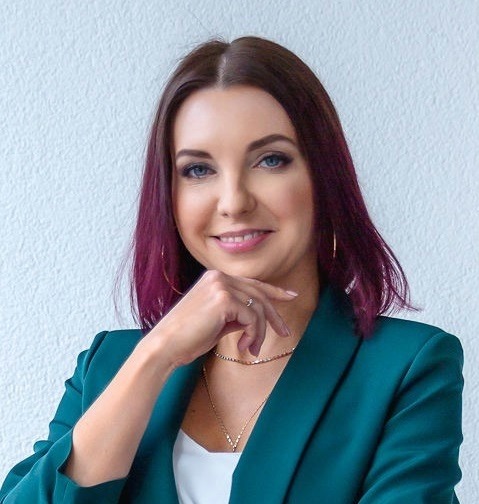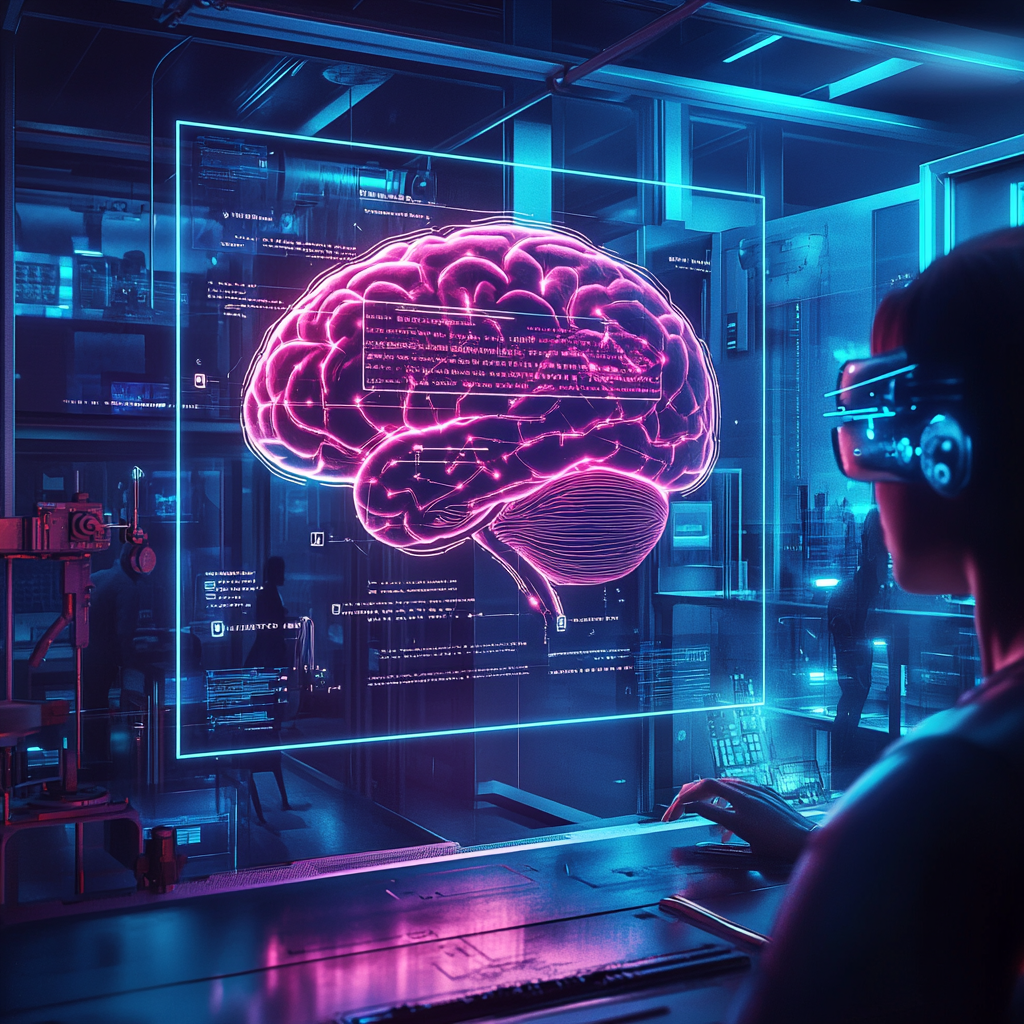The Black Mirror episode The Entire History of You (2011) presents a dystopian vision of a world where everyone has implanted “grains”—devices that record every second of their lives. Thanks to them, they can rewind their memories and watch them on a screen. Sounds like a technological blessing? In reality, it turns out that unlimited memory destroys relationships and turns life into an obsessive analysis of the past. Liam, the main character, constantly returns to the recordings—searching for signs of dissatisfaction after a job interview, reviewing interactions of his wife with different men, suspecting infidelity. Memory technology allows no room for trust—it transforms life into an investigation. After losing his family, Liam is left alone, rewinding images of happy moments, but instead of finding comfort—he feels pain. Eventually, he removes the implant, trying to regain peace.
Although the vision of Black Mirror seems futuristic, technologies that record memories already exist. Fortunately—at least for now—it’s still humans who decide what’s worth remembering. They are far from the omnipotent absolute memory that became a curse in the series. But can we find a middle ground between preserving memories and the ability to discard them? Psychology speaks clearly: forgetting is not a flaw, but an adaptive function. Selective memory helps us cope with trauma, reduces stress and protects against information overload. The brain, like an experienced archivist, knows which “documents” to keep and which are better permanently deleted. Modern AI systems are beginning to play a similar role—not only storing memories but also helping us organize and use them in a way that improves quality of life.






